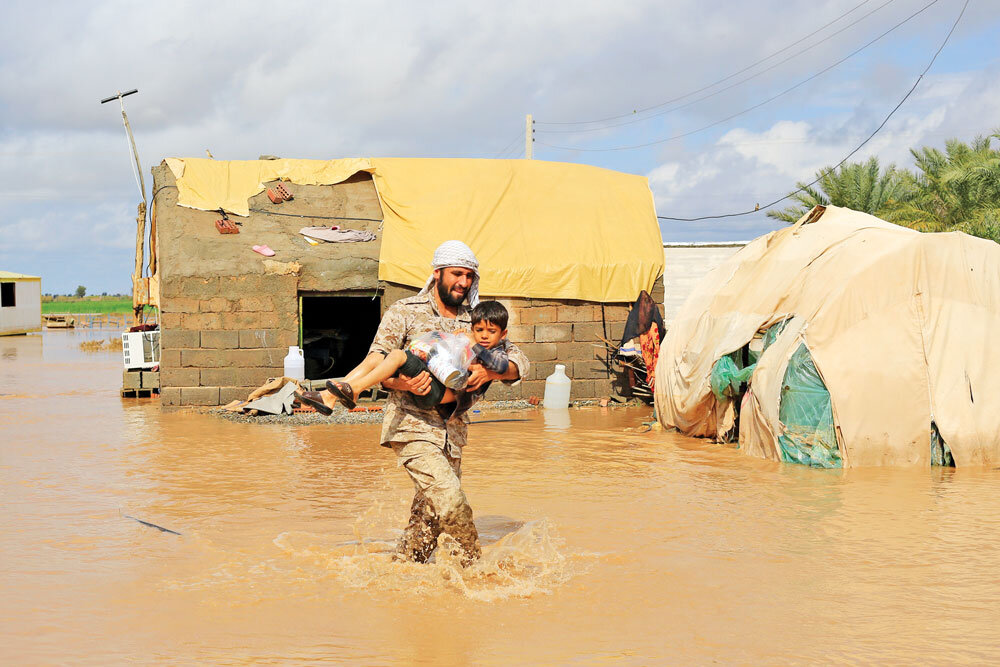Basij is best example of volunteerism

TEHRAN- December 5 is named International Volunteer Day (IVD). It highlights the power of collective humanity to drive positive change through volunteerism.
The UN Volunteers (UNV) program coordinates IVD on 5 December annually to recognize and promote the tireless work, not just of UN volunteers, but of volunteers across the globe.
According to available statistics, there are more than 1 billion volunteers around the world. Women account for great number of volunteers.
Also, according to global statistics, the highest number of volunteers are active in assisting the hungry and the homeless and helping improve people's health.
In Iran the Basij Organization, that was formed after the 1979 Islamic Revolution, exemplifies the most effective volunteerism. Basij members do services to people without any expectations. Now Basij has now turned into a thought, culture and discourse in Iran.
Basij culture
The capture of the American embassy on November 4, 1979 by revolutionary and anti-imperialist students led to America's anger and practical threats against Iran. For example, their warships gradually entered in the Persian Gulf. In 1980, Imam Khomeini, founder of the Islamic Republic, ordered the formation of 20-million Basij.
By issuing such a decree, Imam Khomeini brought the Iranian nation into the scene in the form of a general mobilization under national and Islamic values, and caused Iran’s resistance against the United States’ hegemony not limited to official organizations. Through this order national ordinary citizens were involved in country’s affairs.
The initiative by Imam Khomeini in forming Basij, the largest volunteer population, marked a milestone in the history of the Islamic Revolution. Basij volunteer forces proved highly effective in defending the country in the face of the invading Saddam army in the 1980s. They fought against invaders along with forces from the Army and the IRGC.
The volunteer Basij forces shined splendidly due to their great sacrifices to the people and the country during Saddam’s 8-year war against Iran. Basij did not remain just a military organization. It has now become a thought, culture and discourse. And millions of Iranians are enthusiastically offering voluntary services to their people and country and this is the culture of Basiji.
During the Coronavirus pandemic, thousands of Basijs rushed to the aid of the medical staff. They voluntarily put themselves in danger of contracting the deadly virus to help the people. They provided millions of food handouts to the needy throughout the country. They entered the field without showing any sign of fear or fatigue. They provided inspiration for others.
Iran's nuclear martyrs were Basijis who developed Iran's nuclear industry through a Basiji spirit. The late Saeed Kazemi Ashtiani was another scientific and Basij figure who founded and developed one of the important research institutes called Royan Research Institute in the field of reproductive medicine, stem cell technology and cloning in Iran. This institute is now considered one of the leading centers with international standards in the field of stem cells.
About Basij Culture Leader of the Islamic Revolution Ayatollah Ali Khamenei on November 26 said: The Basij culture is a culture of self-effacing, hardworking volunteers. It is a culture of humble, undaunted fighters, a sense of braveness, a sense of serving mankind, and a sense of serving the country. It means making sacrifices for others.
